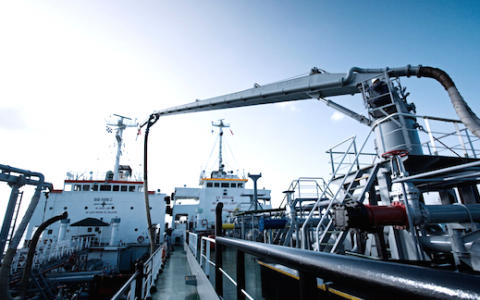Sulphur debate in the spotlight ahead of MEPC

Leading environmental and shipping organisations have joined forces in calling for an explicit prohibition on the carriage of non-compliant marine fuels when the global 0.5% sulphur cap takes effect in 2020.
IMO has agreed that from January 1 2020 the maximum permitted sulphur content of marine fuel – outside Emission Control Areas – will reduce from 3.5% to 0.5%.
Unless a ship is using an approved equivalent compliance method, there should be no reason for it to be carrying non-compliant fuels for combustion onboard.
In a joint statement issued yesterday ahead of a critical IMO MEPC meeting next month, at which proposals for a carriage ban will be discussed by governments, environmental and shipping organisations assert that such a ban will help ensure robust, simplified and consistent enforcement of the global sulphur cap. A number of international associations representing the global shipping industry, as well as the Cook Islands and Norway, have already submitted proposals to IMO to ban the carriage of non-complaint fuels. These proposals call for an amendment to Annex VI of the MARPOL Convention, stipulating that ships should not carry fuel for propulsion with a sulphur content above 0.5%, unless they are using an approved alternative compliance method.
The statement was issued by BIMCO, Clean Shipping Coalition, Cruise Lines International Association, Friends of the Earth US, the International Chamber of Shipping, International Parcel Tankers’ Association, INTERTANKO, Pacific Environment, World Shipping Council, and WWF Global Arctic Programme. The call effectively shifts responsibility further up the supply chain to the fuel suppliers themselves, as they will not be allowed to even deliver high sulphur fuel oil into a ship’s fuel tank unless it has a scrubber.
